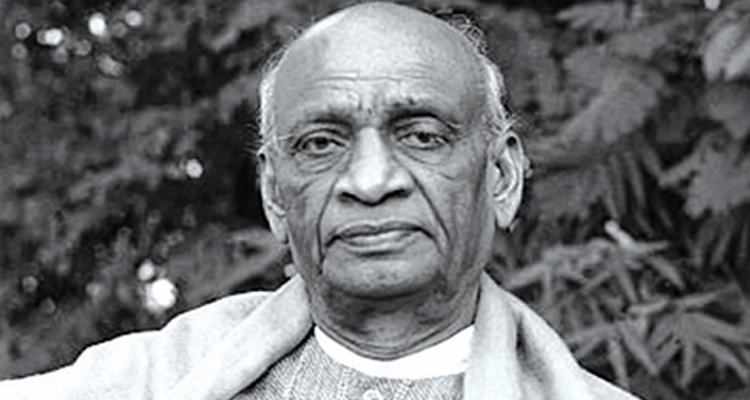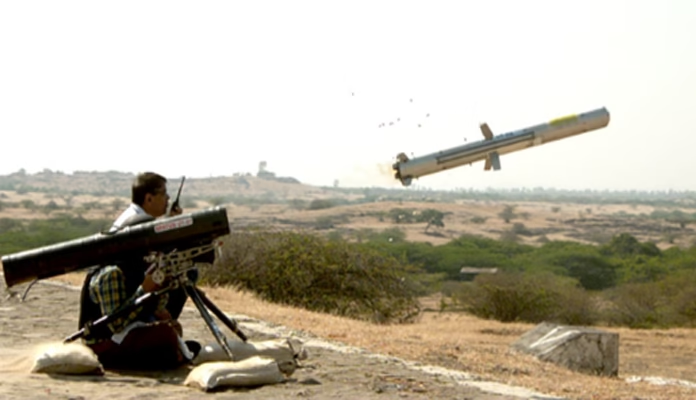
The Message of Sardar Patel and the Direction of History
 by Prof. (Dr.) Manmohan Prakash
by Prof. (Dr.) Manmohan Prakash
In history, the word “if” often shakes the foundations of time with its boundless possibilities. In the context of nation-building, one question continues to echo in the minds of Indians — what if Sardar Vallabhbhai Patel had become the first Prime Minister of India? This is not merely an exercise of imagination but a serious exploration of historical possibilities.
The architect of iron resolve, Sardar Patel, was among those great leaders of India’s freedom struggle who rebuilt the geography and consciousness of the nation — not with the sword, but with organizational strength, firm willpower, and unmatched administrative vision. The title “Iron Man” symbolized not his rigidity but his disciplined conduct and decisive leadership. By integrating nearly 562 princely states into the Indian Union, he proved that when political will is driven by national purpose, even the impossible becomes possible.
I firmly believe that if Sardar Patel had been India’s first Prime Minister, the federal structure of the country would have been far more balanced and robust. The decisiveness with which he resolved complex issues like Hyderabad, Junagarh, and Kashmir as Home Minister would have guided his approach toward border problems—especially with Pakistan, Tibet, and the Northeast—through firm and practical policies at the very outset. The later decades’ frequent tussles between the Centre and the States would likely have been far less intense. Governance would have been marked by discipline and accountability.
Indeed, Sardar Patel was the most pragmatic administrator of his time. He ensured the creation of the Indian Administrative Service (IAS) and the Indian Police Service (IPS) so that the newly independent nation could have an experienced, impartial, and patriotic bureaucracy. Had he been Prime Minister, ‘discipline of duty’ would have been the highest value in governance. Decision-making and execution would have been balanced. His motto would have been — “Fewer plans, greater results.”
Patel’s international outlook was guided not by idealism but by the practicality of national security and dignity. As early as 1949, he warned Nehru in a letter that “trusting China’s policy may prove costly in the future.” If he had led India, the country’s foreign policy would have been based on the principle of “India First.” Instead of the idealism of Panchsheel, he would have prioritized military readiness and border security. Perhaps the 1962 war with China would have either been averted, or India would have fought it with far greater strategic preparation.
Being a farmer’s son, Patel knew well that the soul of India resides in its villages. If he had been Prime Minister, agricultural reforms and rural self-reliance would have been integral to the nation’s economic policy. He would have struck a balance between the private sector and cooperatives. Instead of centralized planning, he would have emphasized people’s participation in production. The idea of “Atmanirbhar Bharat” might well have emerged as a guiding philosophy in his era itself.
Moreover, Patel’s contributions in the Constituent Assembly reflected his clarity and practicality. For him, democracy was not merely about voting rights but about dutiful governance. Had he led the nation, political parties would have followed ideological discipline and placed national interest above all. Groupism and the hunger for personal power would have been curbed early, ensuring policy continuity and stable governance.
Patel’s secularism was rooted in India’s civilizational ethos of harmony, where all religions are seen as paths leading to the same goal. He considered religious tolerance a value of life but never tolerated any extremist or divisive tendencies against national interest. If he had been Prime Minister, India’s secularism would have rested more on cultural harmony than on the imported Western notion of neutrality.
In conclusion, it can be said that it was indeed India’s misfortune that Sardar Patel could not become the Prime Minister of this nation. Had he been, India’s foundations would have been stronger, its borders more secure, governance more disciplined, and the economy more self-reliant.
History cannot be changed, but it can certainly guide us. As India moves toward becoming a “developed nation,” Patel’s message reminds us —
“Unity is strength, and nothing stands above national interest.”




